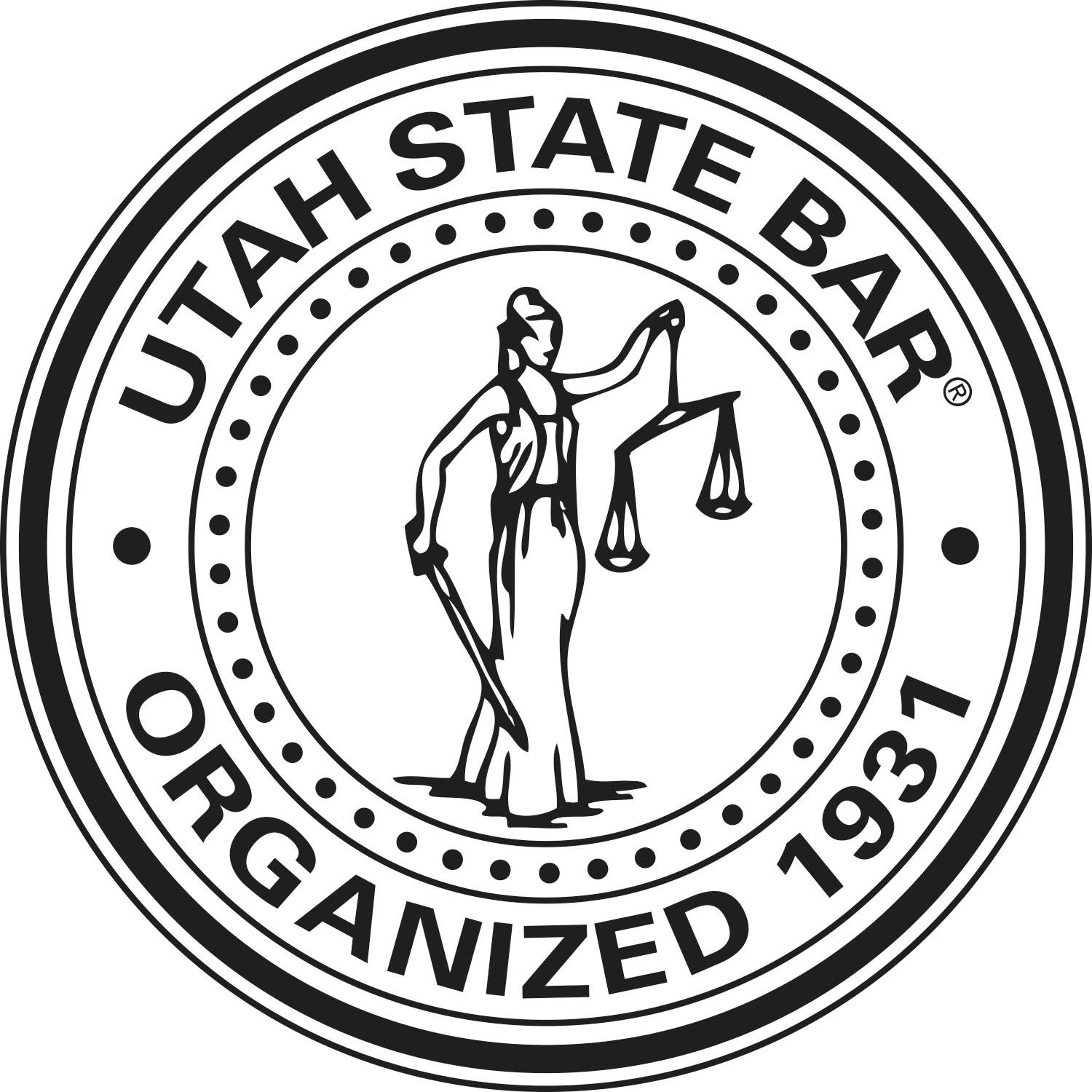PRESS RELEASE
SALT LAKE CITY, February 19, 2025 – The Utah State Bar Commission understands that attorneys, regardless of political persuasion, care about the separation of powers in our government. Therefore, the Bar is holding firm on its opposition to legislation that jeopardizes judicial independence enshrined in the state constitution. Two recent bills are particularly troubling because they establish a system under which judges will be made to answer to the legislature based on any disagreement with a judge’s ruling.
Specifically, House Bill 512 creates a new committee — a Joint Legislative Committee on Judicial Performance to shadow, and potentially override the work of the Judicial Performance Evaluation Commission (JPEC). This bill sponsored by Rep. Karianne Lisonbee is unnecessary given the excellent and transparent work that JPEC is already doing and given that JPEC was created by the Legislature and contains members nominated by leadership from the Legislature, the Governor, and the Chief Justice. The concern expressed by many licensees and our Government Relations Committee is this new entity comprised only of legislators—will inject politics into the current merit-based and nonpartisan judicial evaluation and retention process.
As part of its evaluation, the Committee can request a judge’s disciplinary record from the Judicial Conduct Commission and may investigate “any issue raised by a member of the committee, the Legislature, or a member of the public.” (See H.B. 512, lines 1457-1459.) This broad mandate means that any issue, even a disagreement with a judge’s legal ruling, could trigger an evaluation, regardless of whether there is credible evidence of judicial misconduct or incompetence.
In the evaluation process, the Committee would be required to issue a public news release naming the judge, describing the nature of the review, and soliciting comments from Utah legislators and the public. (See lines 1466-1474.) The Committee would then hold a meeting to discuss the judge’s performance, although parts of the meeting may be closed to the public, and the location may not be near the judge’s jurisdiction. (See lines 1477-1502.)
After this meeting, the Committee may vote to recommend that a judge not be retained, using “any other documents or information related to the judge’s judicial performance” as criteria. The lack of a clear definition of “judicial performance” means that the Committee could base its decision on nearly any subjective factor, such as a lawmaker’s disagreement with a judge’s rulings. (See lines 1507-1516.) These recommendations would then appear on the ballot, potentially influencing voters to reject a judge based on subjective opinions and not objective legal standards. (See lines 579-588; 1526-1539.)
The process is demeaning and of questionable constitutionality. Requiring a judge to answer to a legislative body goes against the core principle of our constitution – a judiciary that can make decisions based on the facts and law without fear of being pilloried in public or removed from the bench.
HB 512 combined with House Bill 412 work to ensure that the proposed new legislative committee will be a partisan body. HB 412 removes the requirement that no more than half of the appointed members on JPEC and the Elected Official and Judicial Compensation Committee be from the same political party. This bill co-sponsored by Rep. Jefferson Burton and Sen. Calvin Musselman would permit members of governing boards and commissions to all be from the same party, removing the long-standing nature of non-partisanship on these boards. We appreciate the efforts of Sen. Brady Brammer, who modified SB 204. The Bar now has a neutral position. However, we remain concerned with SJR 009 sponsored by Sen. Brammer that dictates the timing to obtain an injunction in a trial court. This resolution is inconsistent with SB 204 by giving only 28 days to enjoin an unconstitutional injunction. We are working with Sen. Brammer to address these issues.
Bills the Bar has opposed are listed below:
SB 203 – Judicial Standing Amendments-First Substitute – Oppose
SB 204 – Suspensive Appeal Amendments-First Substitute – The Bar takes no position on the substitute.
SB 154 – Legislative Audit Amendments-Amended – Oppose
SJR 004 – Joint Resolution Amending Court Rules on Attorney Confidentiality – Oppose
HB 451 – Judicial Election Amendments – Oppose
HB 412 – Boards and Commissions Revisions-Substitute – Oppose
HB 512 – Judicial Retention Changes – Oppose
SJR 009 – Joint Resolution Amending the Rules of Civil Procedure – Oppose
We are grateful for the open dialogue and consideration of lawmakers with the Bar’s opposition to proposed legislation. We are committed to continuing to work collaboratively as these bills, and others as they are introduced, move forward in the legislative process.
___________________
About the Utah State Bar
The Utah State Bar was formalized in 1931 to manage and regulate the legal profession by licensing all people who engage in the practice of law. The Bar Commission is made up of lawyers from each judicial district who are elected by the lawyers in those districts. The Bar’s Governmental Relations Committee is made up of lawyers from each practice section who meet weekly during the legislative session and vote to recommend to the Commission on whether the Bar should take a position on legislation.
CONTACT
Jennifer Weaver
Communications Director
Utah State Bar
Office: 801-746-5237 Cell: 385-329-3558
jweaver@utahbar.org
